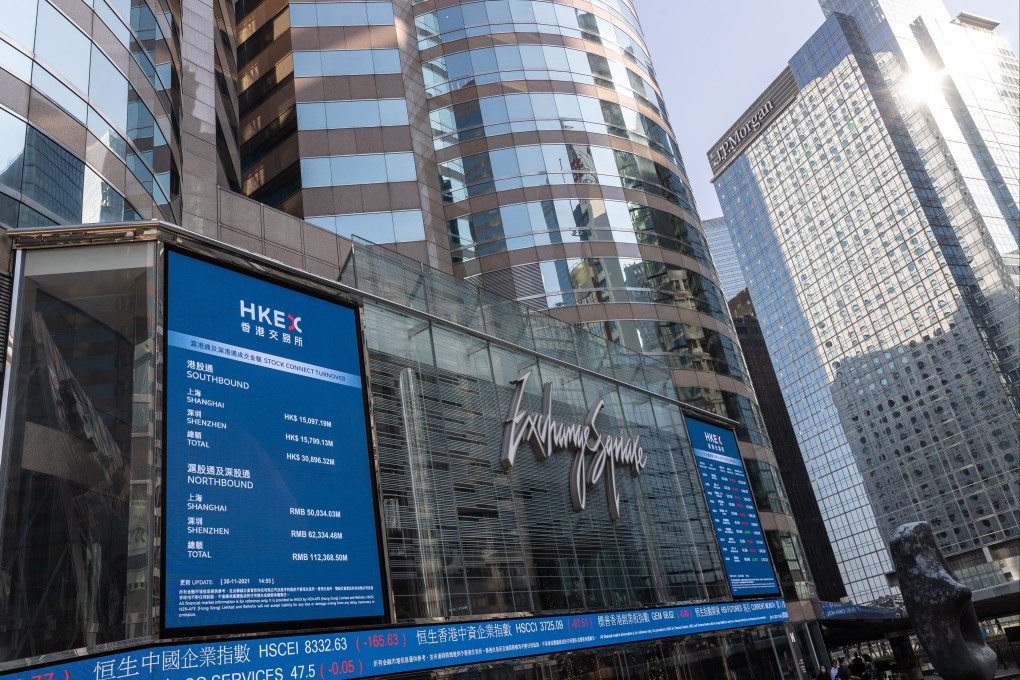Advertisement
Hong Kong IPO issuers forced to accept lower valuations as geopolitical tension, coronavirus fifth wave sap investors’ demand
- Surge in Omicron cases and uncertainties linked to threat of a Russian invasion of Ukraine are drying up IPOs in Hong Kong
- Proceeds raised in first two months of 2022 down 87 per cent from a year ago, as issuers either postpone plans or trim deal size
Reading Time:3 minutes
Why you can trust SCMP

Companies looking to raise funds through initial public offerings in Hong Kong are having to settle for lower valuations as uncertainties stemming from geopolitical tensions, the coronavirus pandemic and China’s new rules for offshore listings curb investors’ appetite for new shares.
The number of IPOs and proceeds raised in Hong Kong in the opening weeks of 2022 have plummeted from a year ago.
Many new issuers and their bankers are postponing their deal launches as they wait for market conditions to improve. Those that decide to press on have little choice but to price their IPOs lower, raising a much smaller amount than they had wished for when they first made their submissions to the Hong Kong bourse.
Advertisement
“Uncertainty is a big turn-off for investors. With geopolitical risks rising in Ukraine, and the lack of visibility on when the Omicron variant will subside, some new issuers prefer to wait and postpone their deals until the outlook improves,” said Kenneth Ho, managing director of equity capital markets at Haitong International, based in Hong Kong.
He said there is still “good liquidity from investors” for companies with a solid track record.
Just six IPOs have been completed this year as of February 18, raising a combined US$1.1 billion. That is an 87 per cent plunge from the US$8.6 billion raised by 20 IPOs in the same period a year ago, data from Refinitiv shows.
Advertisement
Advertisement
Select Voice
Select Speed
1.00x
